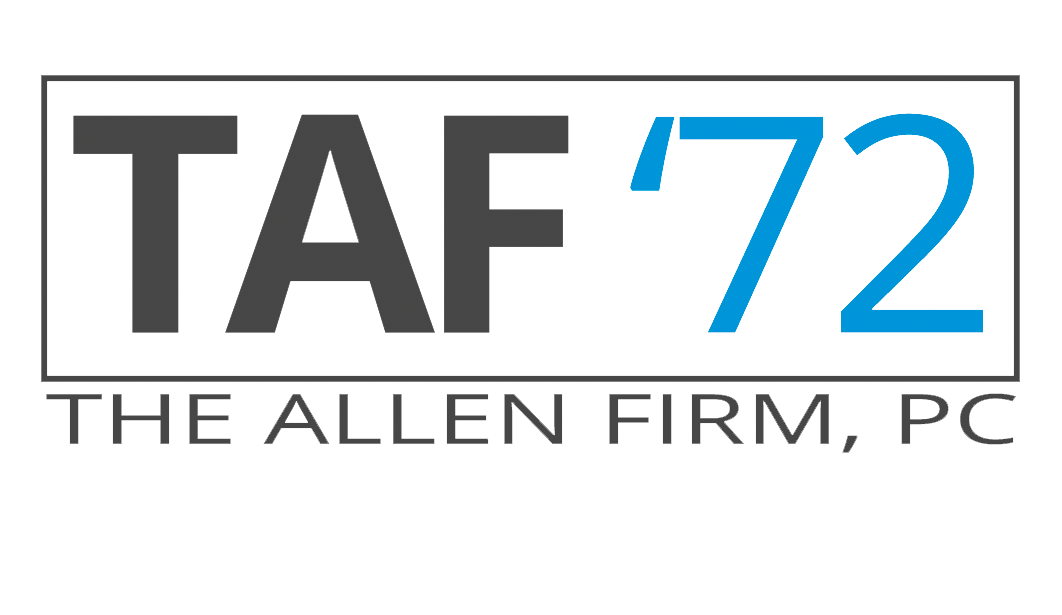A lien is a legal arrangement between a debtor and a creditor. It gives the creditor—a person who is owed money—the right to hold onto the debtor’s property until the debtor has paid his or her debt. Below, you will find brief descriptions of agriculture-related liens common in Texas.
Agricultural Landlord’s Lien
An agricultural landlord’s lien arises when a landlord leases land or tenements to a tenant, or lends money to the tenant, for the purpose of growing, gathering, storing, or selling crops. Tex. Prop. Code § 54.001. Tigner v. First Nat. Bank of Angleton, 153 Tex. 69, 264 S.W.2d 85 (1954). This lien allows a landlord to sell a tenant’s crop or equipment when the tenant fails to pay or repay rent or advance payments. If the landlord fears that the tenant will abandon the premises or remove property from the premises, he can file a “distress warrant” with the justice of the peace to ensure that the property is not removed or the lien remains attached to the tenant’s property. § 54.006.
Worker’s Lien
Worker’s liens arise most often in the context of vehicle repair. A worker in Texas who repairs a vehicle, motorboat, vessel, or outboard motor may retain possession of the article until he is paid. If a payment amount was agreed on, the worker may retain the article until the amount due under the contract is paid. If no amount was agreed on, the worker may retain the article until reasonable and usual compensation is paid. Tex. Prop. Code § 70.001. If the customer’s payment fails to go through and the worker has already returned the article, the worker may repossess the article at the owner’s expense, and hold it until he is repaid, so long as certain legal obligations were fulfilled when the worker and the customer originally contracted for the work. The worker will lose his ability to repossess the article if the article is sold to a good-faith, or “bona fide” purchaser (someone who bought the article for a fair price and did not know that the worker was still owed for repairs).
Stable Keeper’s and Pasturer’s Liens
A stable keeper with whom an animal is left for care has a lien on the animal for the amount of the charges for the care. Likewise, an owner or lessee of a pasture with whom an animal is left for grazing has a lien on the animal for the amount of charges for the grazing. Tex. Prop. Code § 70.003. When a person holding a stable keeper’s or pasturer’s lien has kept the unpaid for property for 60 days after the day the charges were due, he may begin the process of enforcing his lien. First, he must formally request the owner to pay the unpaid amount. The owner then has 11 days to pay in full. If the owner fails to pay in that time, then the lienholder must give the owner 20 days’ notice of his intent to sell the property. Twenty days after such notice is given, the lienholder may sell the property at a public sale.
Stock Breeder’s Lien
An owner or keeper of a stallion, jack, bull, or boar confined to be bred for profit has a preference lien on the offspring of the animal for the amount of the charges for the breeding services, unless the owner or keeper misrepresents the animal by false pedigree. Tex. Prop. Code § 70.201. The lien may be enforced in the same manner as a statutory landlord’s lien. Id. The lien remains in force for 10 months from the day the offspring is born, but the lien may not be enforced until five months after the date of birth of the offspring. § 70.202.
Irrigation Lien on Crops
A person who constructs a ditch, canal, dam, lake, or reservoir for the purpose of irrigation and who leases, rents, furnishes, or supplies water to any person for irrigation, with or without a contract, has a preference lien superior to every other lien on the irrigated crops, including statutory landlord’s liens. Tex. Water Code § 11.051(a). The lien may be enforced in the same manner as a statutory landlord’s lien. See § 11.051(b).
It is worth noting for irrigation liens that when any irrigation district or conservation and reclamation district obtains a water supply under contract with the United States, the board of directors of the district may, under certain circumstances, waive the preference lien in whole or in part. § 11.051(a).
Carrier’s Lien
A carrier has a lien on the goods covered by a bill of lading or on the proceeds thereof in its possession for charges after the date of the carrier’s receipt of the goods for storage or transportation. This lien also covers expenses necessary for preservation of the goods incident to their transportation or reasonably incurred in their sale. However, against a purchaser for value of a negotiable bill of lading, a carrier’s lien is limited to charges stated in the bill or the applicable tariffs. If no charges are stated, the lien is limited to a reasonable charge.
A lien for charges and expenses on goods that the carrier was required by law to receive for transportation is effective against the consignor or any person entitled to the goods unless the carrier had notice that the consignor lacked authority to subject the goods to those charges and expenses. Any other carrier’s lien is effective against the consignor and any person that permitted the bailor to have control or possession of the goods unless the carrier had notice that the bailor lacked authority.
A carrier loses its lien on any goods that it voluntarily delivers or unjustifiably refuses to deliver.
Agricultural Chemical and Seed Liens
Agricultural chemical and seed liens can be particularly complex. In sum, a chemical or seed lien may arise when a purchaser fails to pay the agreed or reasonable charges for chemicals, seed, or labor. Tex. Agric. Code § 128.006. The lien attaches to the proceeds of the agricultural products produced with the aid of the chemicals, seed, or labor on the first day those products or services are furnished to the purchaser. A person claiming a chemical or seed lien must have provided notice of the provisions of Chapter 128 of the Texas Agriculture Code before purchase, either generally to purchasers of agricultural chemicals, agricultural seeds, or labor or specifically to the purchaser. § 128.006.
The lien becomes legally binding when the lienholder files an official claim with the Texas Secretary of State. When the official claim is filed, the lien then takes the same priority as a security interest perfected on that date. § 128.026. Notices must then be given to the chemical or seed purchaser and his other creditors before the chemical or seed lien can be enforced. § 128.036.
Animal Feed Lien
Failure to pay the agreed or reasonable charges for feed may result in the attachment of a feed lien to the proceeds of the livestock for which the feed is used or the proceeds of the animal products produced from the livestock. Tex. Agric. Code § 188.006. Proceeds may include the livestock for which the animal feed was used, meat, milk, skins, wool, or other products derived from that livestock, or issue born to that livestock. § 188.002. A person claiming a feed lien must have provided notice of the provisions of Texas Agriculture Code Chapter 188 before purchase, either generally to purchasers of animal feed or specifically to the feed purchaser. § 188.006.
As with an agricultural chemical or seed lien, a feed lien becomes legally binding when the lienholder files an official claim with the Texas Secretary of State. § 188.010. When the official claim is filed, the lien then takes the same priority as a security interest perfected on that date. § 188.026. Notices must then be given to the feed purchaser and his other creditors before the feed lien can be enforced. § 188.036.
Agricultural Liens
This lien protects agricultural producers against their contract purchasers when the purchaser doesn’t pay. An agricultural producer who, under a contract with a contract purchaser, is to receive payment for selling an agricultural crop grown, produced, or harvested by the producer has a lien against that crop. Tex. Prop. Code § 70.402(a). The lien is for the amount owed under the contract, or for the market value of the crop on the date of transfer or delivery if there is no agreement concerning the amount owed under the contract. Id. Such a lien attaches to every crop, in raw or processed form, on the day of transferal or delivery by the producer to the contract purchaser or a warehouse. §§ 70.402(b)-(c). The lien remains so long as the product is in possession of the contract purchaser, for up to one year. §§ 70.403, 70.406.
The Takeaway
Liens secure debt and can be created and removed without parties on either side knowing about it. Both producers and purchasers of agricultural goods and services will do well to learn which liens effect them and which legal procedures must be followed in order to effectively enforce or avoid enforcement of those liens.
The Allen Firm, PC
181 S. Graham Street | Stephenville, Texas 76401
Ph: 254.965.3185 | Fax: 254.965.6539
The Allen Firm, PC is composed of a team of attorneys located in Stephenville, Texas. Our mission is to improve people’s lives by providing reliable and practical help with their legal matters while operating under our values of honoring people, operating with integrity and striving for excellence. We offer help in forming businesses or companies, estate planning, lawsuits, real estate, probate, oil and gas, collections, agriculture, bankruptcy, family law, and accident and injuries.

